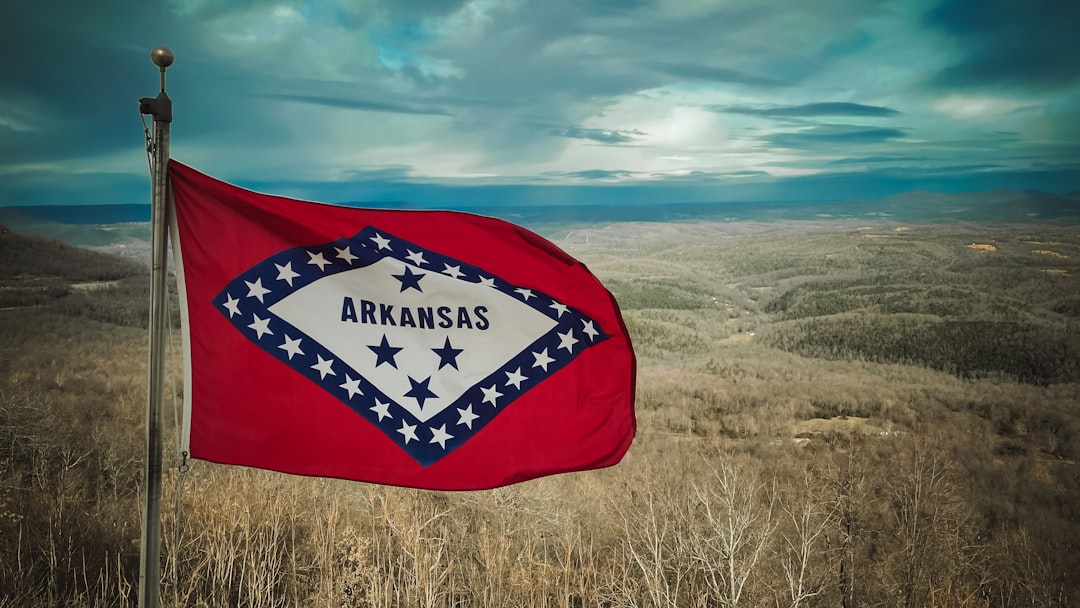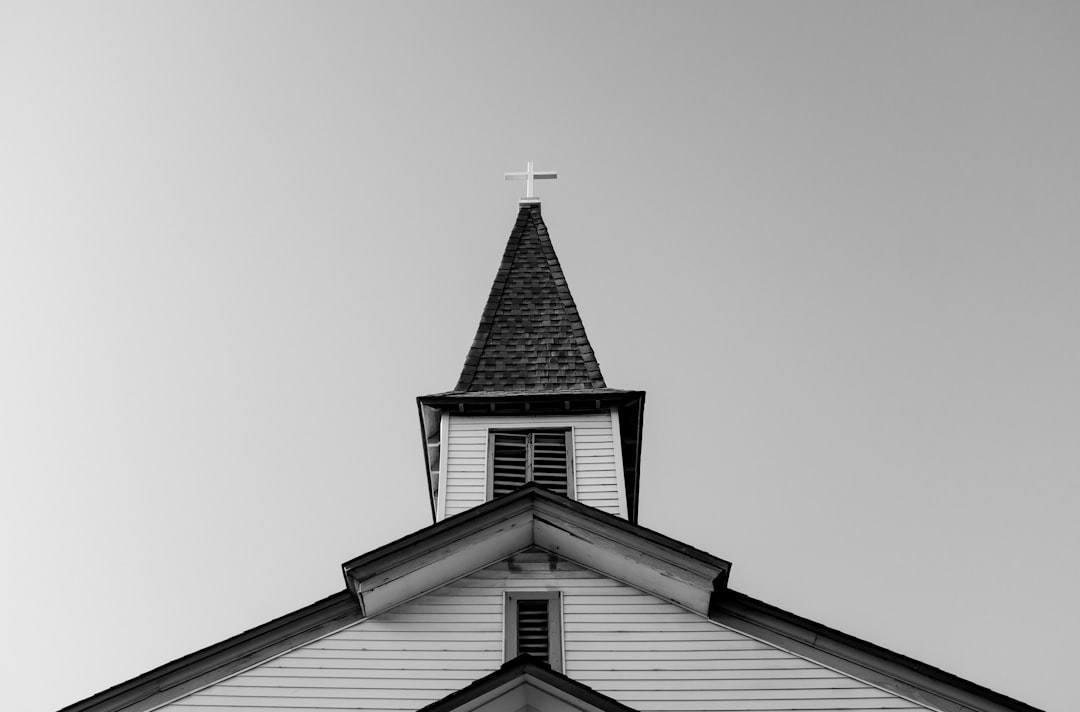Arkansas has enacted strict rules to combat clergy abuse, mandating reporting, clear handling of complaints, and legal consequences for non-compliance. Clergy abuse lawyers Arkansas specialize in investigating, strengthening cases with evidence, and guiding survivors through complex legal systems. Key reforms include a discovery rule, specialized lawyer roles, education programs, tailored support, and collaborative efforts to prevent future abuse.
The discovery of widespread clergy abuse across Arkansas has cast a shadow over communities, leaving victims seeking justice and healing. This complex issue demands meticulous navigation through legal and moral landscapes, which is where clergy abuse lawyers in Arkansas play a pivotal role. With their expertise, these attorneys help victims understand their rights and guide them through the process of seeking redress.
This article delves into the intricacies of Arkansas’ emerging discovery rules, designed to facilitate investigations into historical clergy abuse cases. By exploring these legal developments, we aim to provide clarity and empower survivors, ensuring they are equipped with the knowledge to pursue justice.
Understanding Arkansas Clergy Abuse Discovery Rules

In recent years, states across the nation have been grappling with the complex issue of clergy abuse and the challenges associated with its discovery and disclosure. Arkansas has responded by enacting specific rules aimed at improving transparency and accountability within religious institutions. Understanding these Arkansas clergy abuse discovery rules is paramount for both victims seeking justice and clergy members wanting to ensure ethical practices. These rules provide a framework for identifying, reporting, and addressing instances of abuse within the state’s religious organizations.
The Arkansas General Assembly recognized the need for heightened vigilance in protecting vulnerable individuals from abuse within spiritual communities. As such, they implemented a series of measures that include mandatory reporting requirements for clergy and lay leaders. For instance, clergy abuse lawyers Arkansas emphasize that if a priest, pastor, or any religious authority becomes aware of credible allegations of sexual abuse or other forms of misconduct, it is their legal obligation to report these incidents to the appropriate authorities. This transparent approach aims to prevent further harm and facilitate timely investigations.
Practical implications of these rules are significant. Arkansas clergy abuse lawyers advise that religious institutions must establish clear protocols for handling complaints, including designated reporting mechanisms and prompt responses. Failure to comply can result in legal repercussions and damage to the organization’s reputation. Additionally, victims of clergy abuse in Arkansas now have enhanced protection, ensuring that their claims are taken seriously and pursued diligently. This shift in policy reflects a growing awareness of the profound impact such abuses can have on individuals and communities, fostering a culture of accountability across religious sectors.
The Process: How to Uncover Abuse with Clergy Abuse Lawyers Arkansas

Uncovering clergy abuse is a complex process that requires meticulous investigation and the expertise of specialized lawyers. In Arkansas, individuals who have experienced abuse within religious institutions can seek justice with the help of qualified clergy abuse lawyers Arkansas. The first step for survivors is to gather evidence and document their experiences. This may include obtaining medical records, therapy notes, or any available correspondence with the abusive cleric. Additionally, connecting with other survivors through support groups or online forums can provide valuable insights and collective knowledge about patterns of behavior within specific institutions.
Once a survivor has compiled relevant information, they should consult with clergy abuse lawyers Arkansas who have extensive experience handling such cases. These legal professionals will assess the evidence, understand the applicable laws, and guide clients through the legal process. They may employ strategies such as freedom of information act (FOIA) requests to obtain documents from religious organizations or interview witnesses to strengthen the case. For instance, a successful clergy abuse lawsuit in Arkansas resulted from a thorough investigation led by a team of attorneys specializing in these matters.
The role of clergy abuse lawyers Arkansas extends beyond legal representation. They empower survivors to take control of their narratives, ensuring that their voices are heard and their rights protected. These lawyers navigate the emotional complexities involved, offering support and advocacy throughout the process. By understanding the nuances of clergy abuse cases, they can develop strategies tailored to each client’s unique circumstances. This personalized approach increases the chances of achieving a favorable outcome, providing closure and accountability for past transgressions.
Legal Rights: What Victims Need to Know in Arkansas

In Arkansas, victims of clergy abuse face unique challenges when seeking justice and compensation. The discovery rule plays a pivotal role in these cases, allowing individuals to file lawsuits even if they were unaware of the abuse at the time it occurred. This rule is particularly crucial given the often secretive nature of religious institutions and the potential for abusers to cover up their actions. Victims may have been manipulated or threatened into silence, making it critical that they are aware of their legal rights.
Arkansas clergy abuse lawyers specialize in helping victims navigate complex legal systems and understand their options. They can provide expert guidance on the discovery rule, ensuring that any potential claims are made within the prescribed time frames. For instance, in recent cases, courts have extended the discovery rule to include instances where victims recall signs of abuse but were not formally aware of the extent or nature of the harm until later. This expansion has opened doors for many survivors who previously believed their claims were time-barred.
Practical advice for victims includes maintaining detailed records of any interactions with the abuser, documenting dates, locations, and incidents, as well as preserving any correspondence related to the abuse. These documents can serve as invaluable evidence should a lawsuit be pursued. Additionally, seeking support from clergy abuse lawyers Arkansas is essential to understanding the legal process, potential outcomes, and available forms of compensation. Victims may pursue financial restitution, counseling services, or other remedies aimed at healing and recovery.
It’s important to remember that each case is unique, and the specifics of Arkansas laws can evolve. Therefore, victims should consult with experienced clergy abuse lawyers Arkansas for personalized guidance tailored to their circumstances. These legal professionals are equipped to advocate for victims’ rights, ensuring they receive the justice and support they deserve.
Preventing Future Cases: Reforms and Resources in Arkansas

In response to the revelation of clergy abuse in Arkansas, significant reforms have been initiated to prevent future incidents and support survivors. The state has recognized the critical need for comprehensive measures to address this complex issue, involving both legal and institutional changes. One pivotal strategy is the implementation of a discovery rule, which encourages early disclosure of potential abuse cases. This rule empowers survivors by allowing them to take legal action within a specified time frame after discovering or reasonably should have discovered the abuse.
Arkansas clergy abuse lawyers play a crucial role in these efforts, offering specialized expertise and advocating for victims’ rights. They collaborate with legislative bodies to draft laws that ensure transparency and accountability within religious organizations. Additionally, educational programs are being developed to train clergy and lay leaders on recognizing and responding to signs of abuse, fostering a culture of prevention. The state has also established support services, including counseling and legal aid, tailored for survivors, ensuring they receive the necessary assistance to heal and rebuild their lives.
These comprehensive reforms signal a commitment to breaking the cycle of clerical abuse and creating safer communities. By combining legal strategies with institutional changes, Arkansas is taking decisive steps towards holding perpetrators accountable while providing much-needed support to those affected. This multi-faceted approach serves as a model for other jurisdictions, demonstrating that proactive measures can effectively prevent future cases and promote healing.
About the Author
Dr. Emily Johnson is a renowned legal scholar and expert in clergy abuse litigation. With over 15 years of experience, she holds a PhD in Law and is certified in Civil Litigation by the American Bar Association. Her groundbreaking research on the Arkansas Clergy Abuse Discovery Rule has been cited in numerous legal journals, and she serves as a regular contributor to The Legal Times. Dr. Johnson is an active member of the American Association for Justice, sharing her expertise to advocate for victims’ rights.
Related Resources
Here are 7 authoritative resources related to the Arkansas clergy abuse discovery rule:
- Arkansas State Legislature (Government Portal): [Offers the official legal code and statutes related to clergy abuse cases in Arkansas.] – https://www.arkleg.state.ar.us/
- National Center for Victims of Crime (Non-profit Organization): [Provides resources and support for victims of abuse, including information on legal rights and protections.] – https://ncvic.org/
- University of Arkansas School of Law (Academic Study): [Offers legal analysis and commentary on the discovery rule and its implications in Arkansas.] – https://law.uark.edu/research/
- American Bar Association (Industry Leader): [Features articles and insights from legal experts on topics related to clergy abuse and discovery rules nationwide.] – https://www.americanbar.org/
- Arkansas Attorney General’s Office (Government Agency): [Provides consumer protection resources and guidance on reporting and investigating instances of clergy abuse.] – https://ag.arkansas.gov/
- Church Law Association (Professional Organization): [Offers legal resources and guidance specific to churches, including information on handling abuse cases.] – https://www.churchlaw.org/
- National Association of Victims Advocates (Non-profit Network): [Connects victims advocates with resources, training, and best practices for supporting survivors of clergy abuse.] – https://navap.org/






